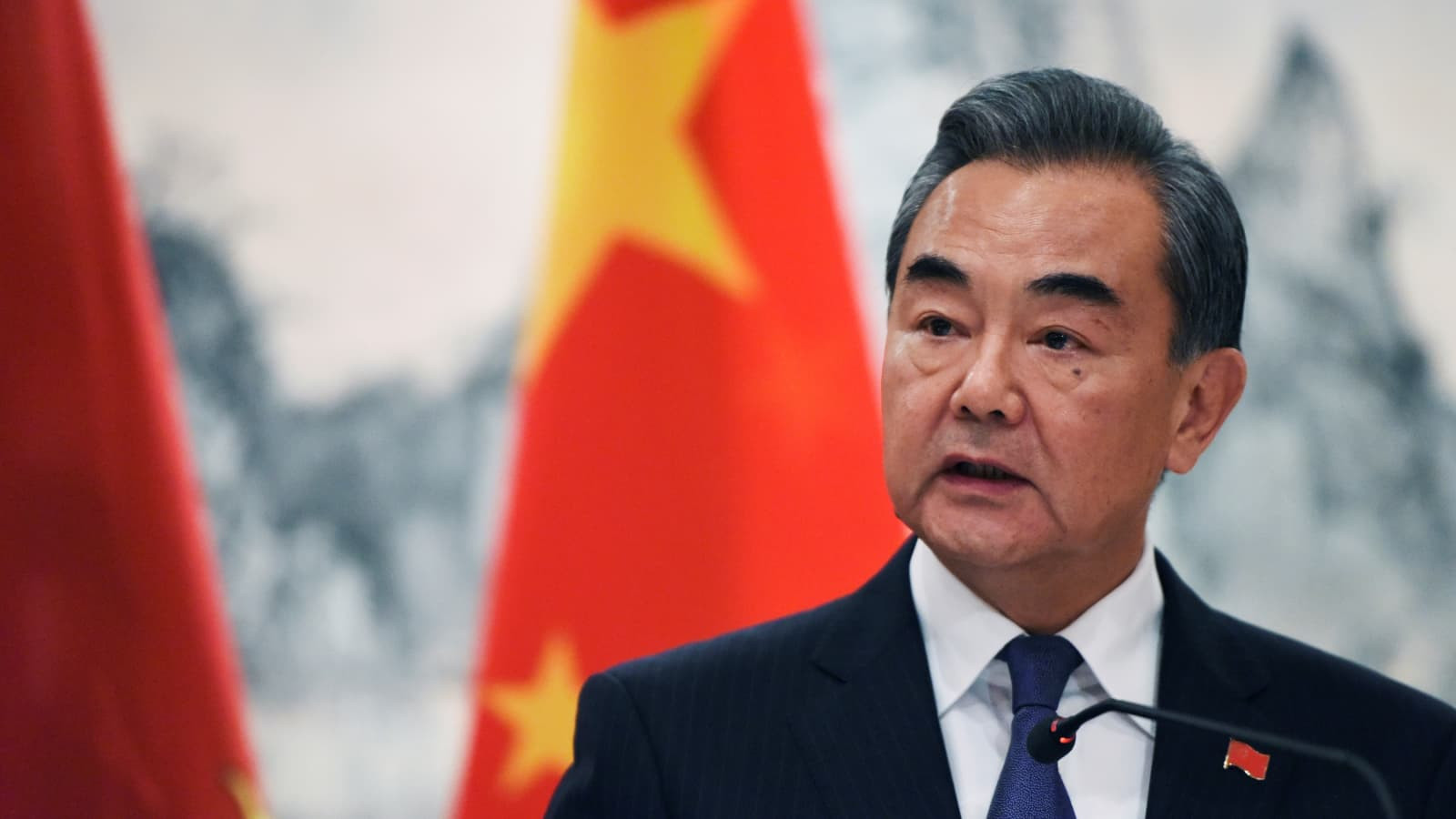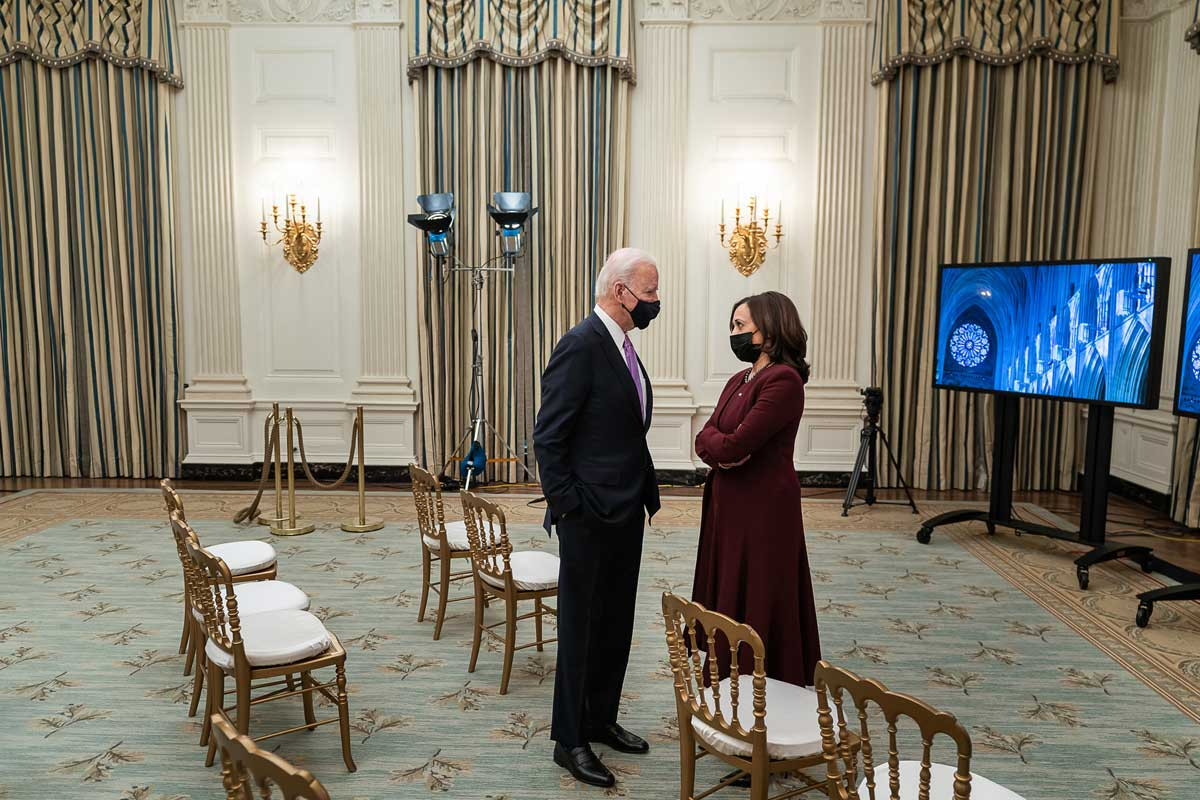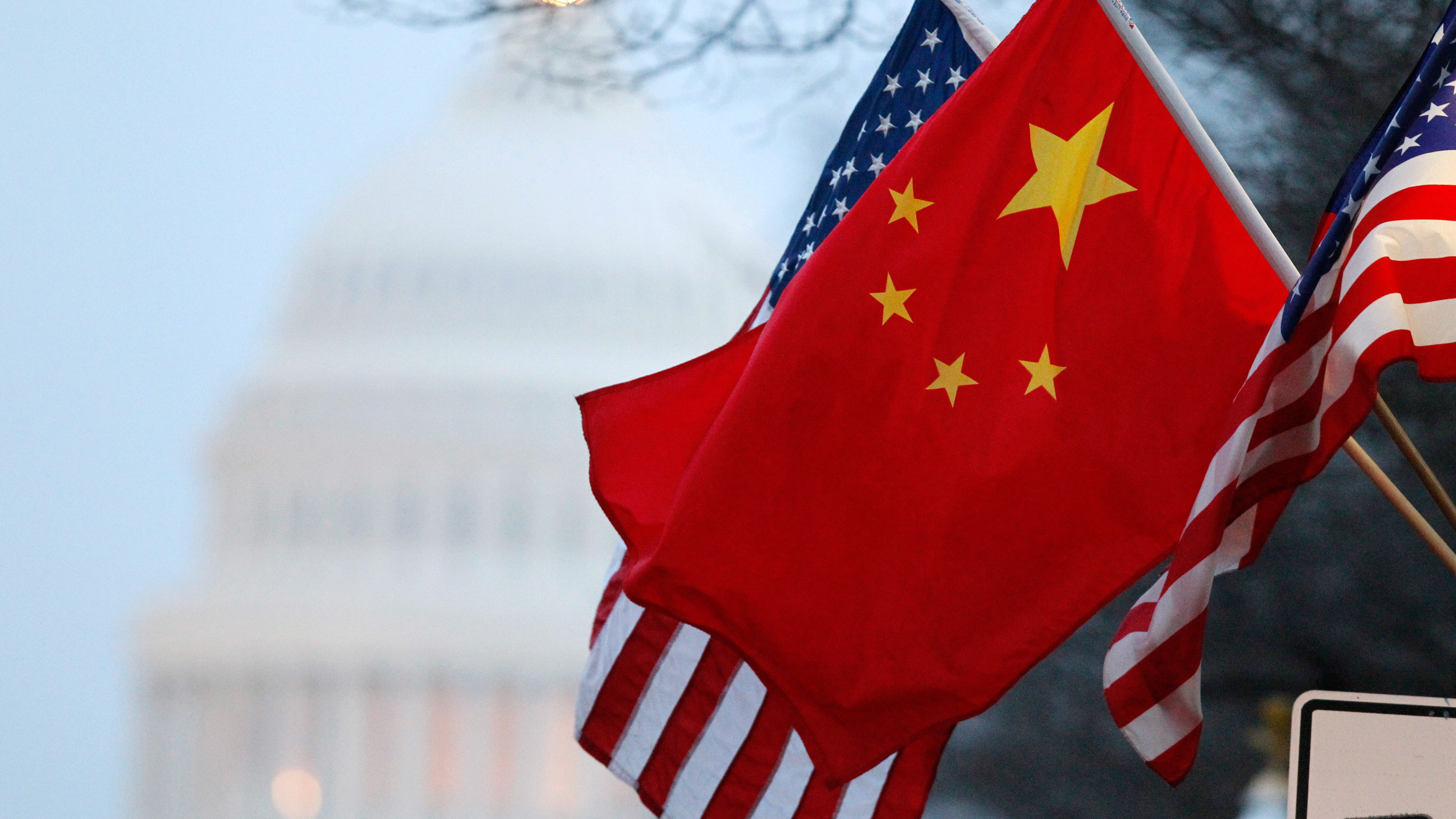Improving US-China relations: Some are eager, some are indifferent!
(Baonghean.vn) - Chinese Foreign Minister Wang Yi recently called on the administration of US President Joe Biden to cooperate with China to reopen dialogue channels between the two countries, restoring the relationship that was severely damaged under former President Donald Trump.
But although China is enthusiastic, the US is quite cautious, even indifferent to this proposal when a series of high-ranking officials still affirm that the US will continue to maintain pressure on China, especially in trade issues. With these developments, it is not possible to see any possibility of "breaking the bottom" in the US-China relationship.
The “Chinese style” proposal
When the results of the US presidential election in November 2020 revealed that the winner was Mr. Joe Biden, Chinese public opinion believed that it was difficult to hope for an improvement in US-China relations under Mr. Joe Biden. Therefore, many people were surprised when Chinese Foreign Minister Wang Yi called for a "reset".US-China relations, especially in a forum with a strong "promotional" theme: "Bringing US-China relations back on track".
 |
| Chinese Foreign Minister Wang Yi called on the US to “reset” relations. Photo: CNBC |
But according to analysts, Mr. Wang Yi's call is not at all a showy move, but behind it are careful calculations that are typical of "Chinese diplomatic style" - both in terms of timing, content and method. In terms of timing, the US has just had a new administration with a traditional political style, very different from the previous administration of Mr. Donald Trump. The fact that the new administration has made many changes in foreign policy over the past month has brought China some hope - albeit small - that the US will adjust its relationship with China in the near future. In his speech, Mr. Wang Yi did not forget to mention the recent phone call between Chinese President Xi Jinping and US President Donald Trump, considering it a positive step, creating the foundation for the possibility of "resetting" the relationship between the two largest economies in the world.
In terms of content, Mr. Wang Yi frankly acknowledged that the US and China have basically cut off bilateral dialogue at all levels, leading to breakdowns in a series of areas. However, Mr. Wang Yi was very clever when mentioning areas where the two sides can cooperate, such as preventing and fighting Covid-19, responding to climate change, and recovering the world economy. These areas were not classified as the "hottest fronts" in the US-China strategic competition during Donald Trump's term, and are also areas where the two sides appear quite open to the possibility of cooperation. Of course, besides mentioning the possibility of cooperation, Mr. Wang Yi also did not forget to call on the US to lift the tariffs currently imposed on Chinese goods and lift the sanctions against Chinese companies, which Mr. Wang Yi called "unreasonable suppression of technological progress".
But the most noteworthy thing after China's proposal to improve relations with the US is that China wants to move from a passive to an active position. During Donald Trump's time in the US, China often did not take any proactive steps - whether forward or backward, but instead focused on responding to Donald Trump's "attacks". By proactively proposing to restore relations with the US, China has shownwant to cool down tensionIn bilateral relations, it has just “kicked the ball” of responsibility to the US court. Because, as the two largest economies in the world, and both permanent members of the Security Council, the US-China relationship has the greatest influence on international relations. Once the US ignores China’s call for dialogue, the US will be the one to receive more criticism for the consequences in international relations.
 |
| Joe Biden and Kamala Harris will continue a tough policy towards China. Photo: White House Official |
The 4-year journey is hazy
Despite China's openness, the US has been quite cautious, even indifferent, to the proposal for dialogue to resolve the difficulties in bilateral relations. US State Department spokesman Ned Price commented directly that Mr. Wang Yi's statement was intended to deflect criticism of China's activities, which the US accuses of "lack of transparency, disrespect for international agreements, and suppression of human rights". Meanwhile, White House press secretary Jen Psaki affirmed that the US still considers the relationship with China to be a strong competitive relationship. With the focus on solving the Covid-19 epidemic at home, US President Joe Biden has not yet said what his next steps will be to handle the relationship with China. But in more than a month since he officially took office, Mr. Biden has stillshow tough attitudewhen it publicly declared that China is America's main competitor, and that America needs to contain China's economic advancement and political influence globally.
With the trade war - the biggest pressure the US has put on China under Donald Trump, it is likely that the Joe Biden administration will both inherit and make some adjustments. At the end of February, US Treasury Secretary Janet Yellen announced that she would continue to maintain the tariffs that the US is imposing on Chinese goods. Previously, when announcing the economic plan in the US presidential election race in September 2020, Mr. Biden also strongly criticized China for currency manipulation and intellectual property theft. These statements show that the Biden administration will not have many changes compared to the previous administration. Not only that, China may also feel the pressure more clearly when the US will not seek short-term agreements such as a ceasefire, or urge China to buy more US goods. Instead, the US will pressure China to change its economic structure, at least its trade policy with the US. Another adjustment is that the US can rely on economic alliances and multilateral trade organizations to "encircle" China rather than "going it alone" as it does now.
 |
| The US-China relationship is the pair of relationships that has the greatest influence on international relations. Photo: Reuters |
Over the past four years, the US has put enormous pressure on China by launching wars on trade, technology, and intellectual property. In the next four years, the US will probably make it harder for China in other areas such as responsibility in international institutions, and especially human rights. Mr. Joe Biden is expected to focus more on human rights issues such as Hong Kong, Xinjiang, and Tibet. House Speaker Nancy Pelosi recently reiterated her stance that “the Chinese government needs to know that the world is closely watching their human rights issues, and we must put all options on the table to hold China accountable.” If the US “digs deeper” into the human rights issue, the US-China relationship will continue to be deadlocked because China always considers this a “red line”, an internal matter that the US must respect.
Back in October 2011, then-US President Barack Obama and Secretary of State Hillary Clinton announced a strategy that would later become very famous, the “pivot” to Asia-Pacific with a very clear goal of dealing with the strong rise of China. When Foreign Minister Wang Yi called for the US to restore relations, perhaps China saw opportunities in Mr. Joe Biden’s traditional political style. But clearly, identifying China as a strategic rival is a systematic approach at the top of the US, regardless of which party or figure takes power. Therefore, although analysts often use the word “rock bottom” to describe US-China relations under Mr. Donald Trump, the ability of this relationship to “get out of the bottom” is still an open question.

